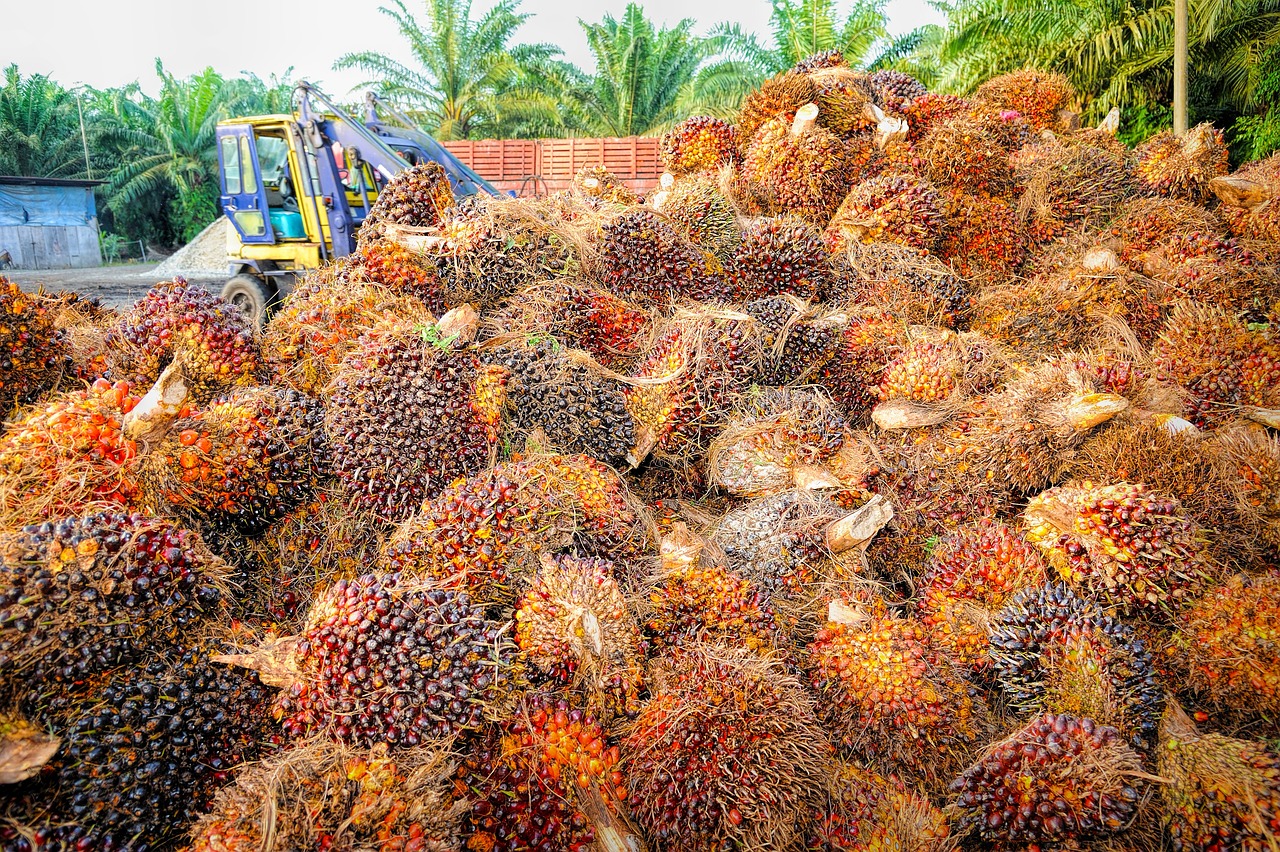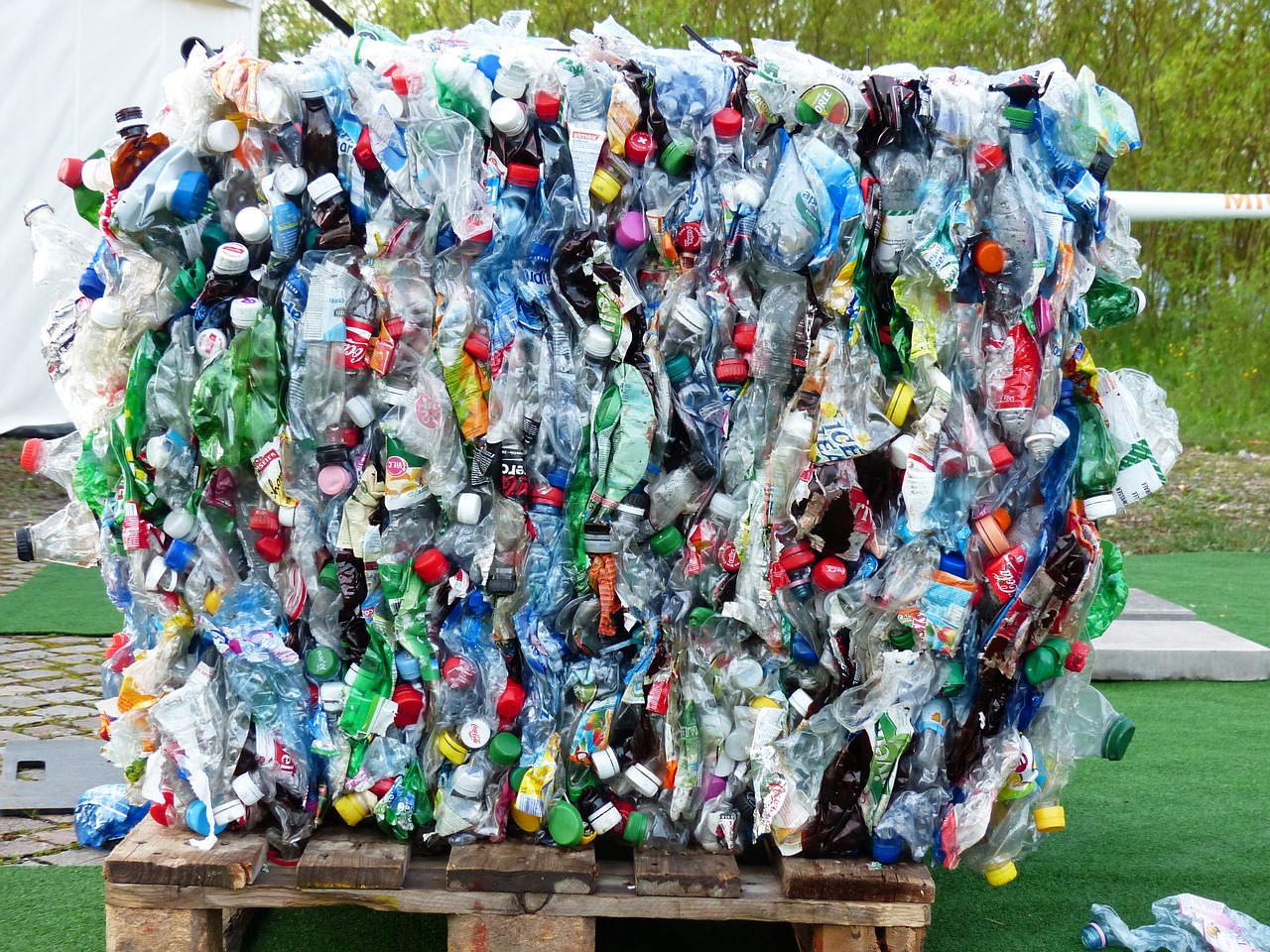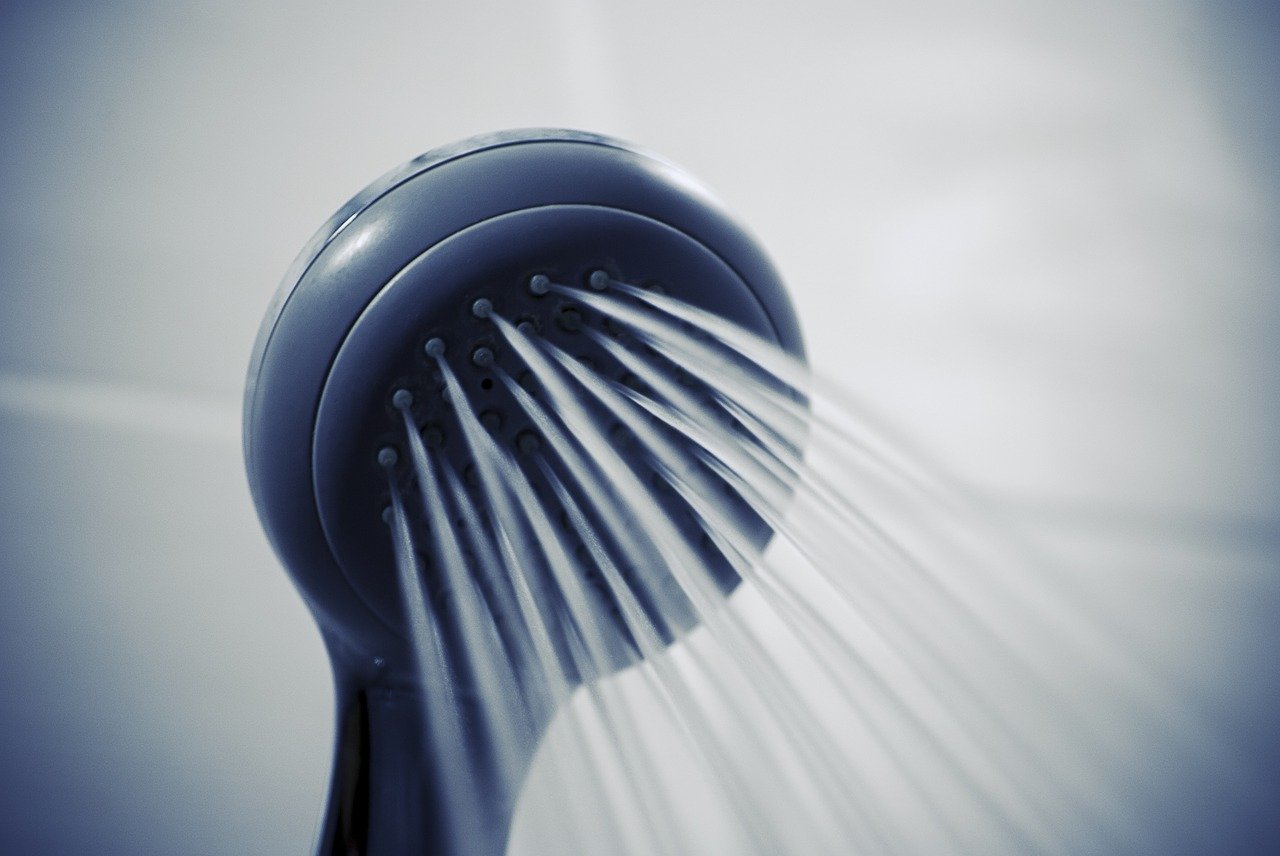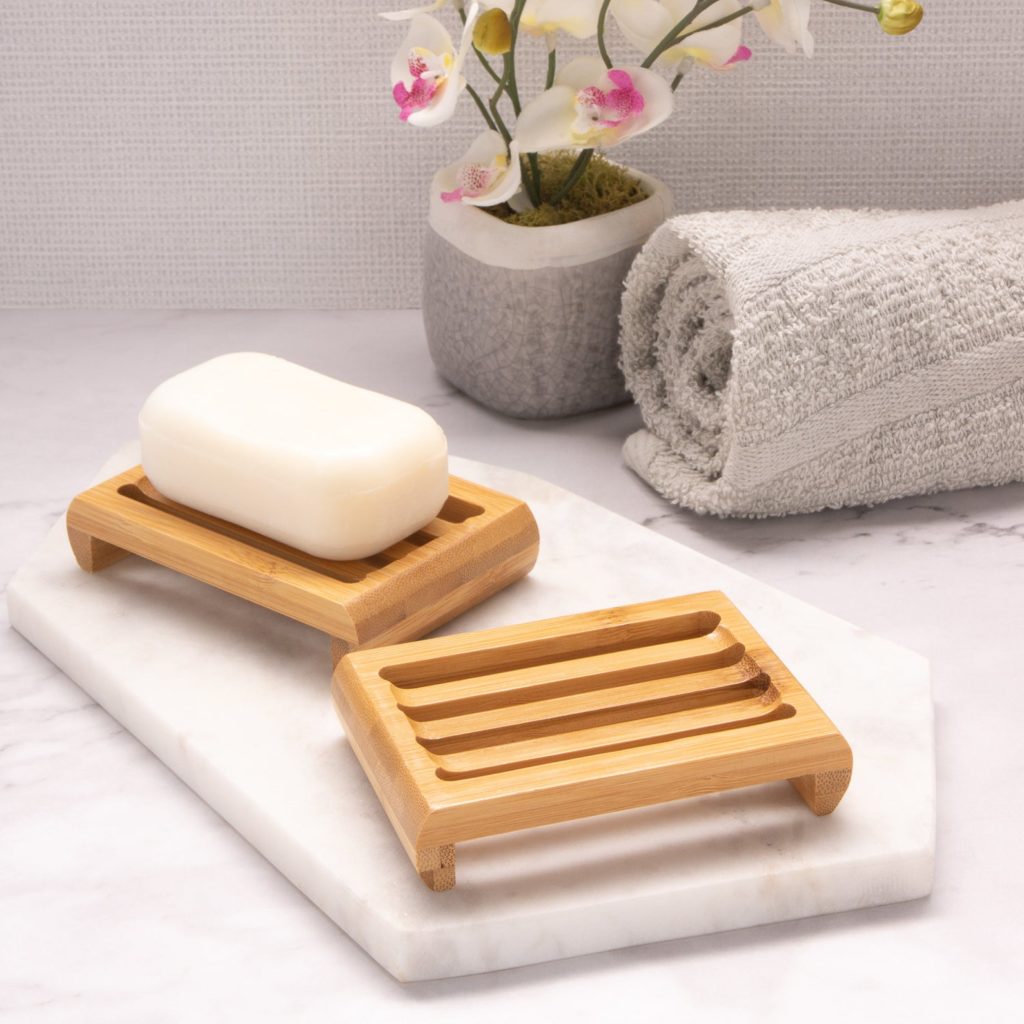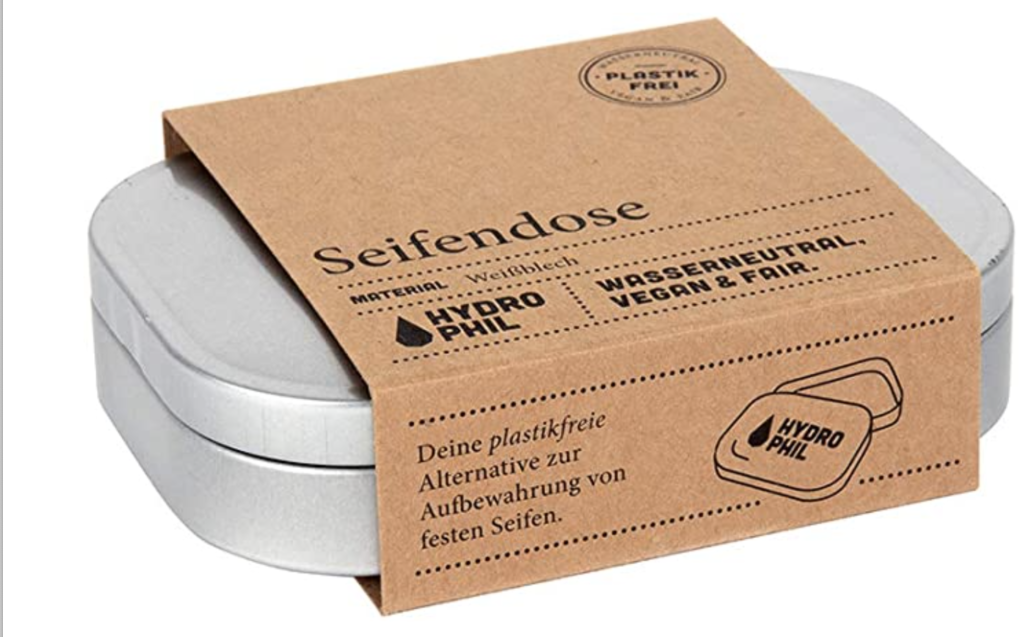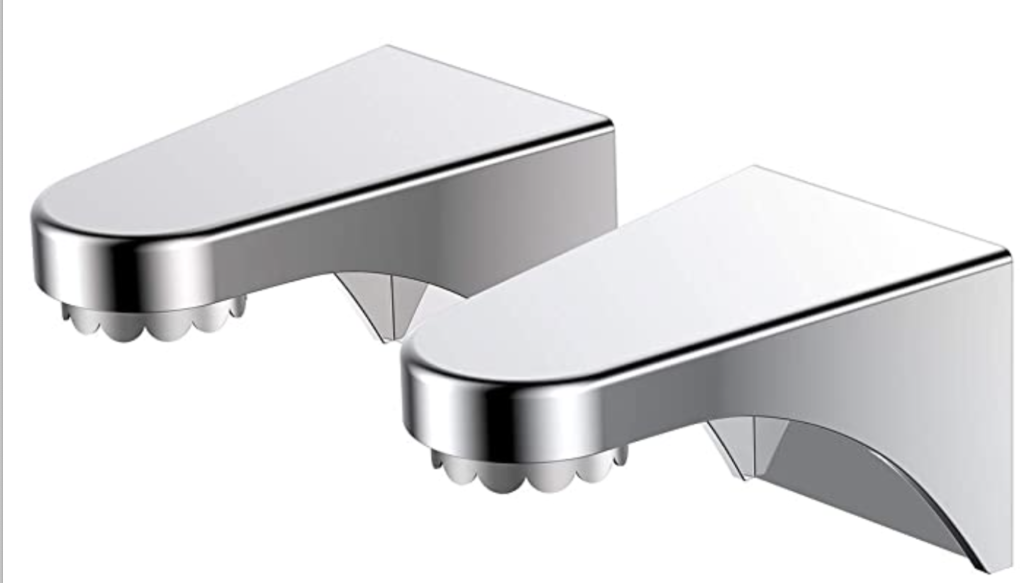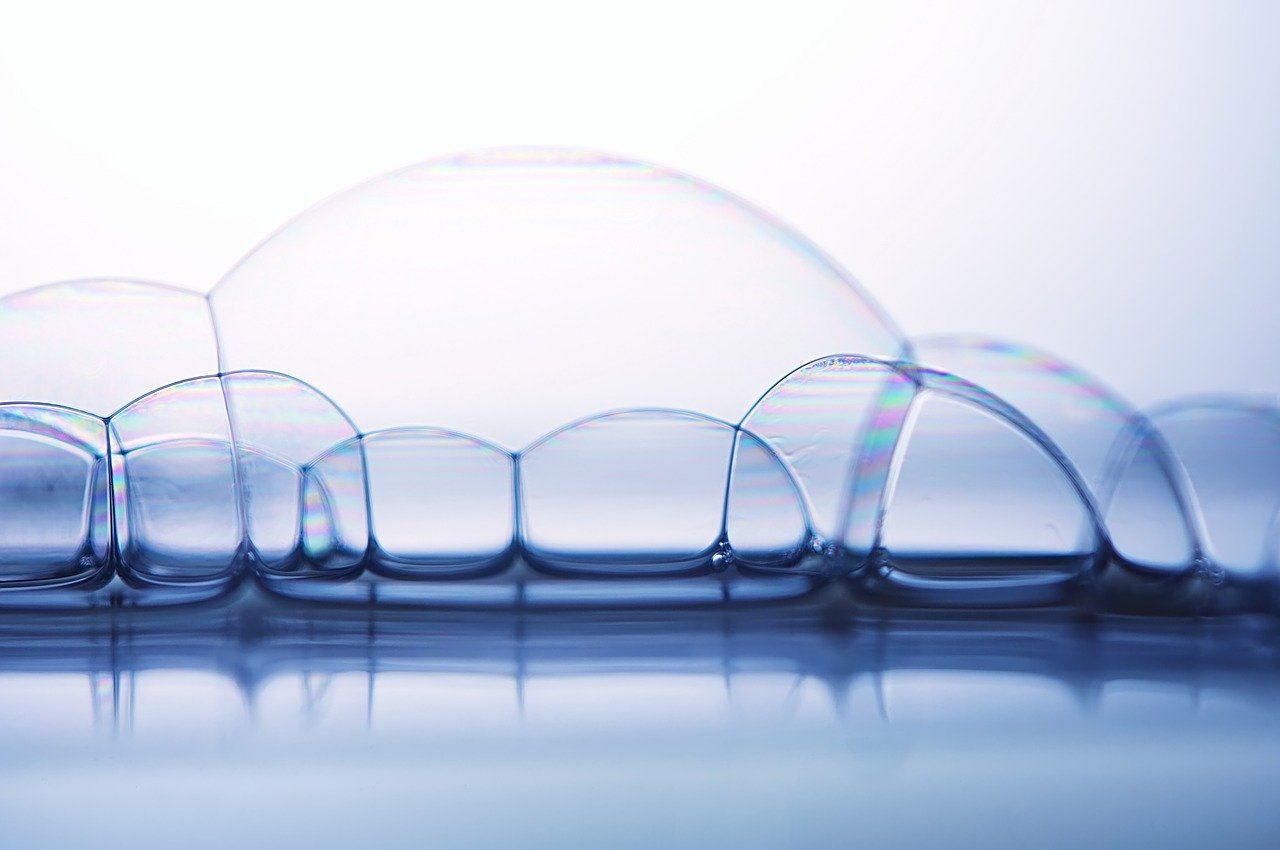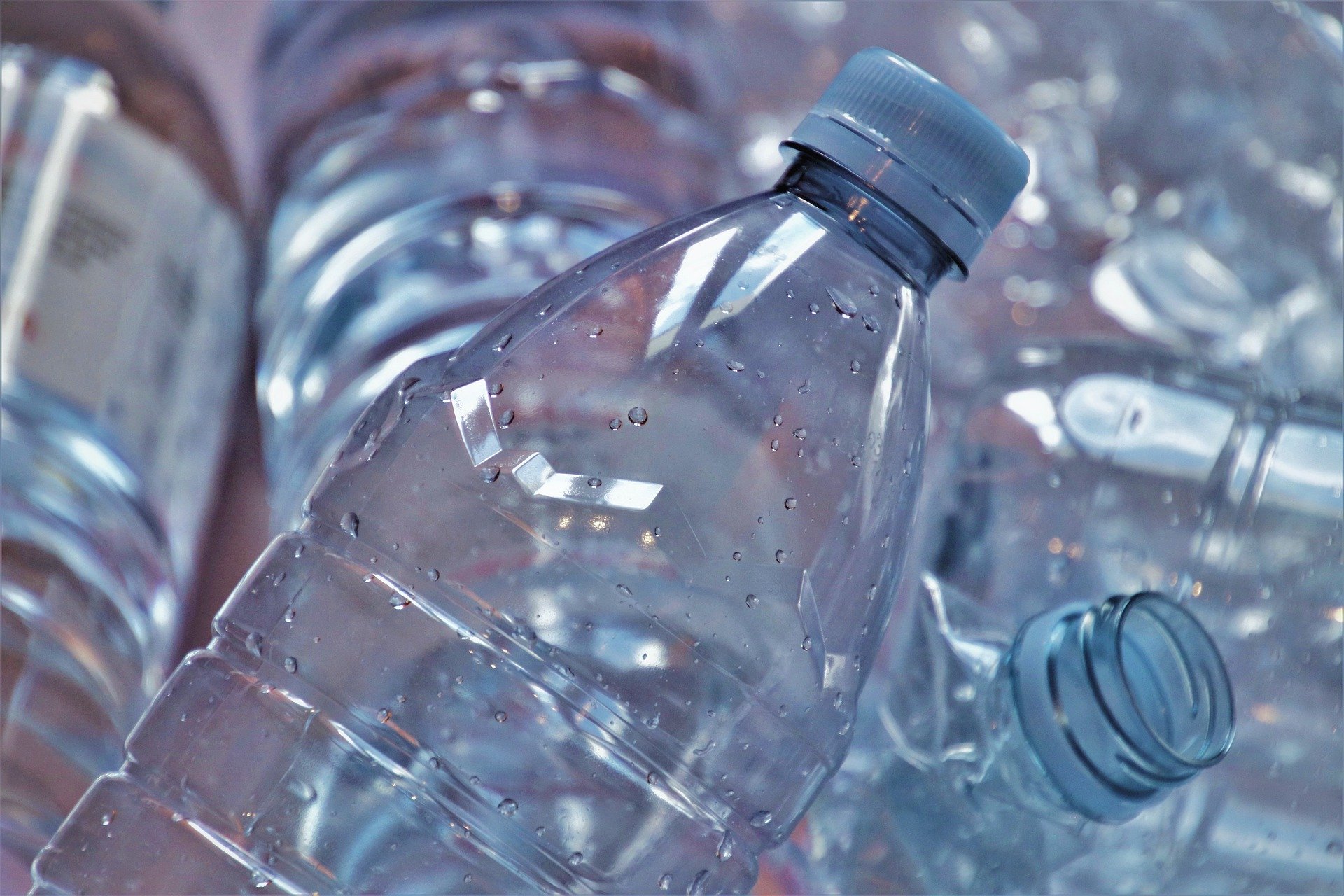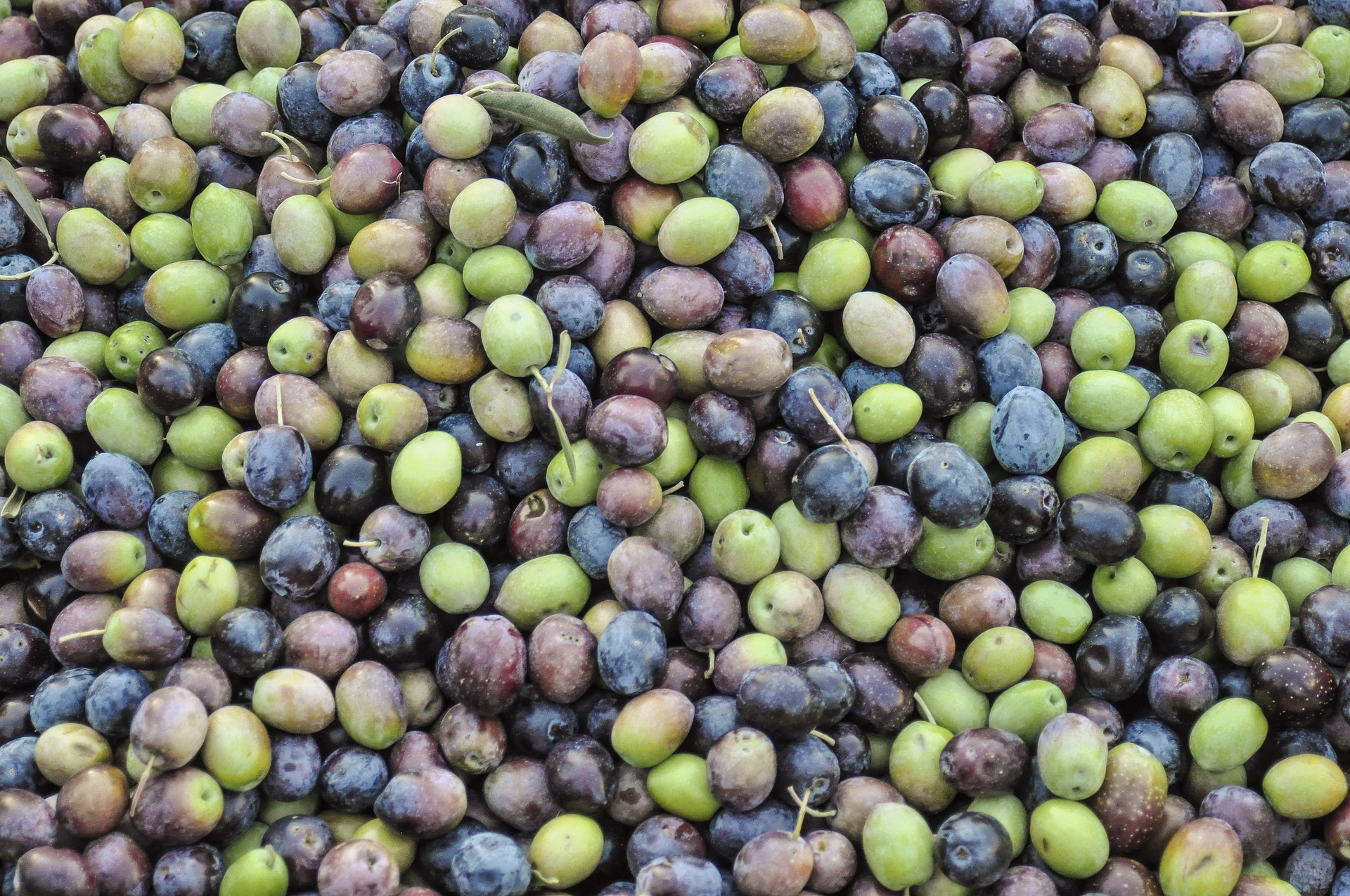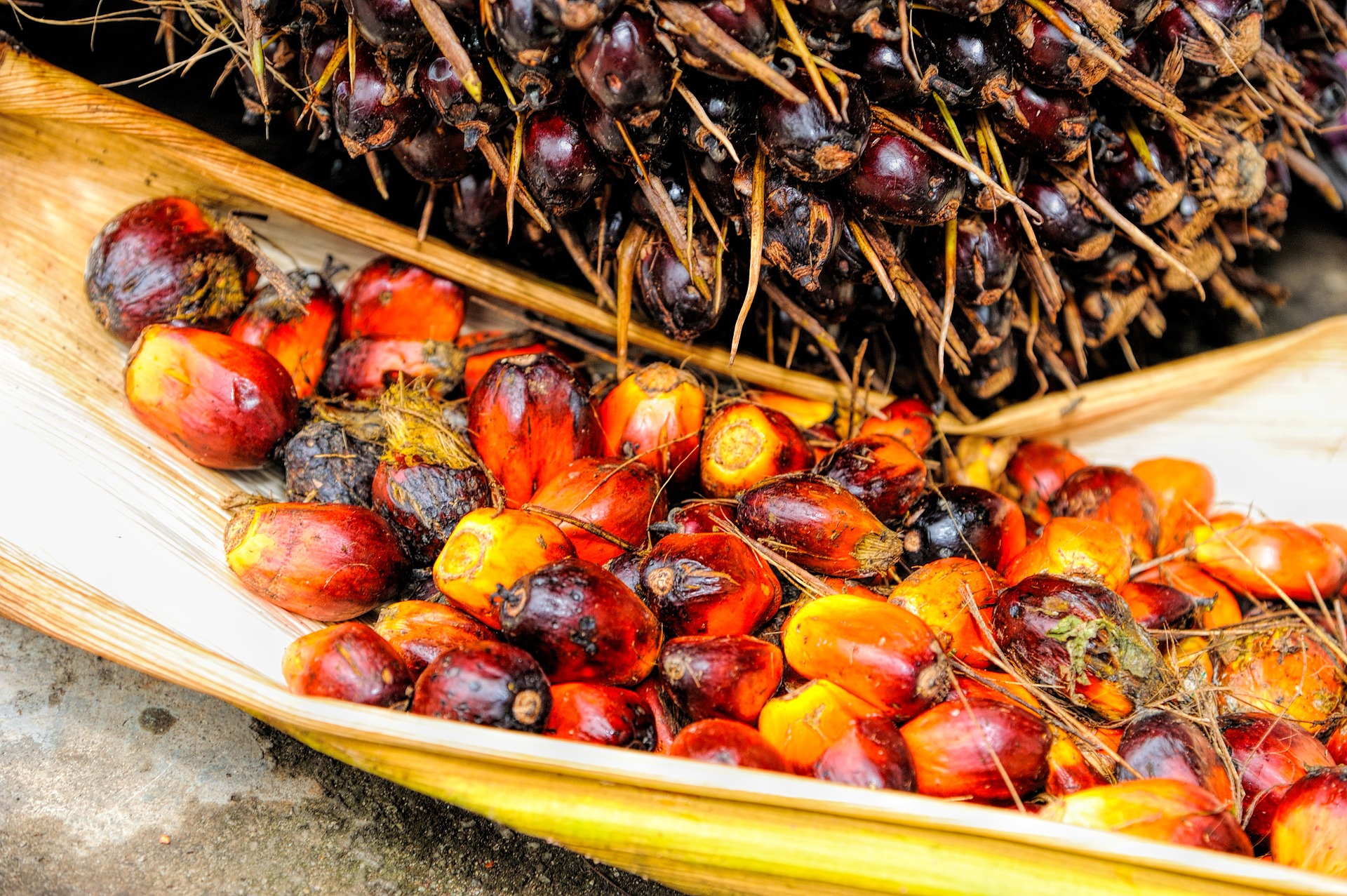Making the Switch to Solid Shampoo: The Benefits of Shampoo Bars
Say goodbye to plastic shampoo bottles and hello to a more sustainable and eco-friendly alternative: shampoo bars. Shampoo bars are solid bars of shampoo that offer a number of benefits over traditional liquid shampoo.
Eco-Friendly: Shampoo bars eliminate the need for plastic shampoo bottles, reducing waste and helping to preserve the environment. When you make the switch to solid shampoo, you’ll be doing your part to reduce your carbon footprint and protect the planet for future generations.
Long-Lasting: Shampoo bars are highly concentrated and provide long-lasting performance. You’ll get more washes out of a single bar of shampoo than you would from a bottle of liquid shampoo, making them more economical in the long run.
Gentle on Hair and Scalp: Shampoo bars are made with nourishing ingredients that are gentle on your hair and scalp. Whether you have dry or oily hair, our shampoo bars will leave your hair feeling clean, refreshed, and revitalised. And, because they’re free of harsh chemicals, they’re safe for color-treated hair and won’t strip away natural oils.
Soap-Free: Our shampoo bars use a combination of ingredients to create a gentle and effective product. This type of shampoo is called a “syndet” which is short for synthetic detergent. Unlike soap-based bars, our shampoo bars are free from harsh alkalis, making them perfect for those with sensitive skin. The syndet we use is a naturally derived soap-free cleansing product that is formulated with a blend of moisturisers, oils and other ingredients to clean and care for your hair and scalp. Our bars are also free from harsh chemicals, such as sulfates (SLS/SLES) and parabens, making them suitable for those with sensitive scalps.
Convenient: Shampoo bars are compact and travel-friendly, making them the perfect solution for those who are always on the go. They’re also easy to use and lather up just like traditional liquid shampoo.
At Shower Blocks, we believe in the power of solid shower and shampoo products to make a positive impact on the environment. That’s why we’ve created a range of shampoo bars that are both eco-friendly and effective. Have you tried one yet?
